Addressing pandemic problems
Carolina students, faculty and staff are engaged in an abundance of projects related to COVID-19, making UNC-Chapel Hill the most cited university in the nation for coronavirus research.
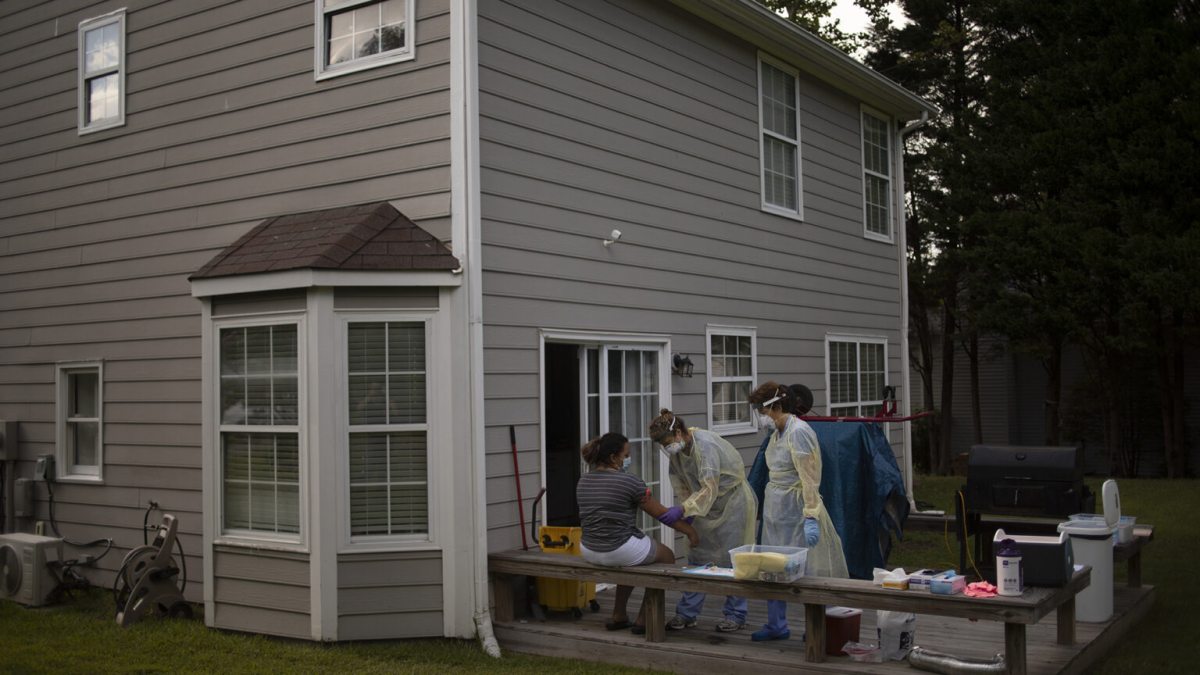
Last spring, while businesses shut down and millions began working from home amidst the widespread outbreak of SARS-CoV-2 in the U.S., Carolina researchers immediately shifted their focus to the virus and subsequent disease, COVID-19. Their quick response and strong foundation in infectious diseases, social science, and community-centered research propelled the university to become a global leader of coronavirus expertise.
In nearly every school and department across UNC-Chapel Hill, researchers are examining the myriad of issues raised by the coronavirus pandemic. They are at the forefront of developing tests and therapeutics, monitoring the genetic evolution of the virus, and exploring future health impacts faced by COVID-19-positive patients. They are increasing access to resources for vulnerable communities, advising policymakers on public health measures and uncovering the economic shockwaves that will continue for years to come.
As the United States — and the globe — combat the challenges this virus continues to present, Carolina experts remain committed to research for the public good.
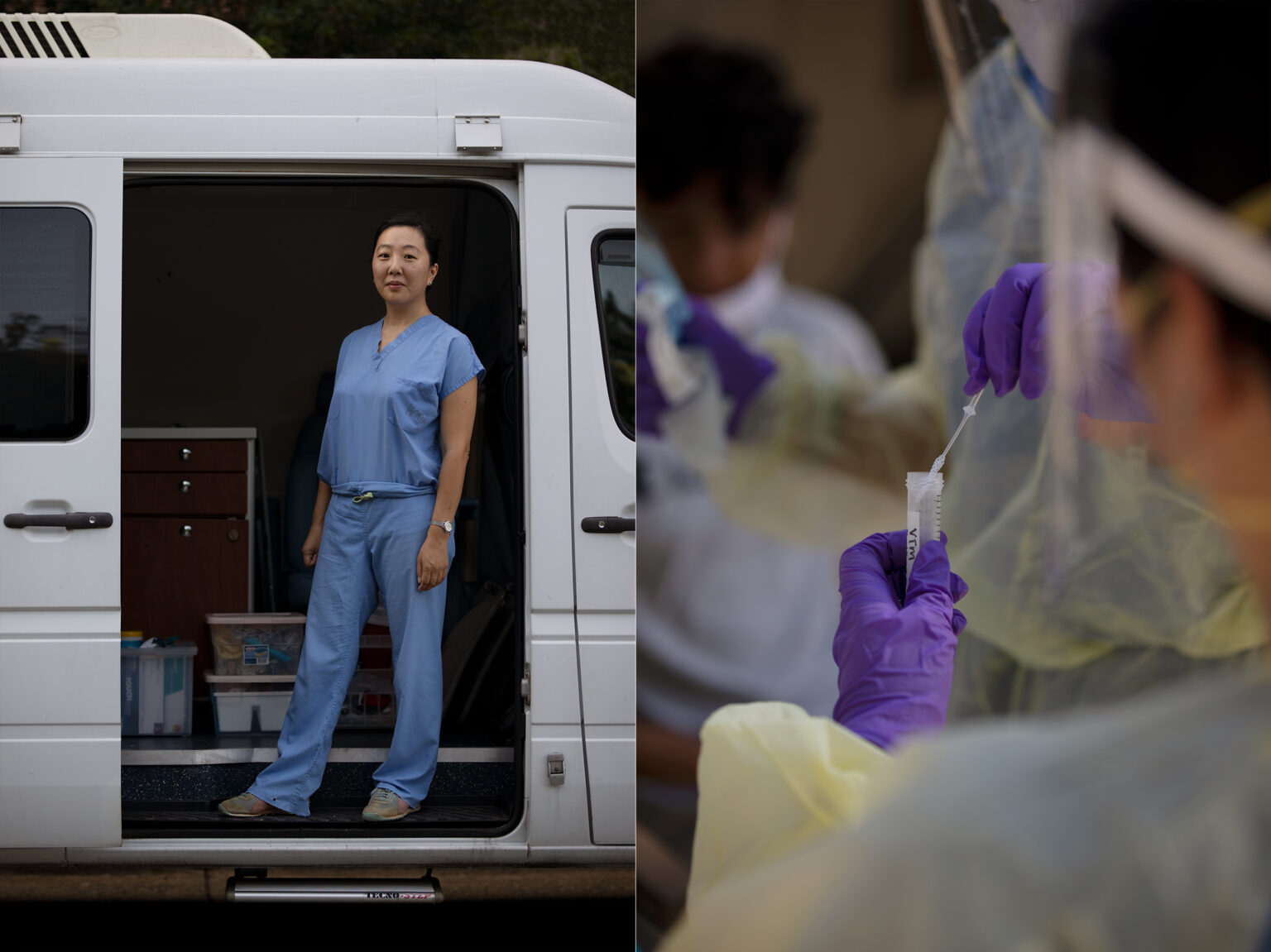
Jessica Lin | Infectious diseases
Lin leads a study exploring how COVID-19 spreads within households after members are infected. “Of course I think about my and my family’s health, but this is my job. I think most people recognize that this is an unprecedented pandemic, and we all have to work together to do what we can. As a health care worker, I feel that sense of duty and am grateful to have an opportunity to contribute.”
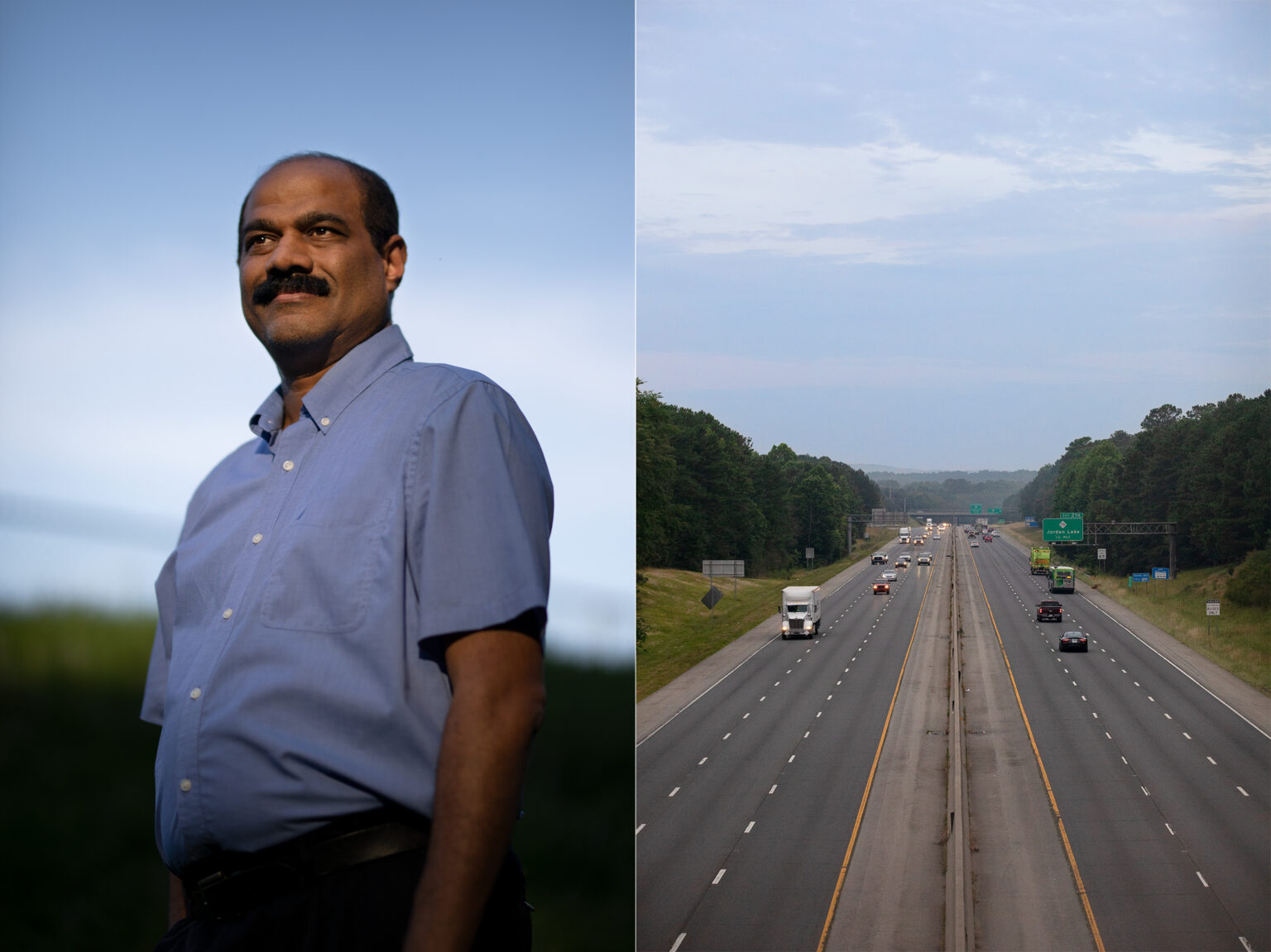
Sarav Arunachalam | Environmental sciences and engineering
Arunachalam is quantifying how reduced vehicular air emissions due to stay-at-home orders have affected air quality and public health. “At the end of the day, I think there’s a lot more to be done. There’s so much information coming out. I think we are in a phase of sensory overload of information, and it will take some careful thinking to understand how to separate the signal from the noise.”
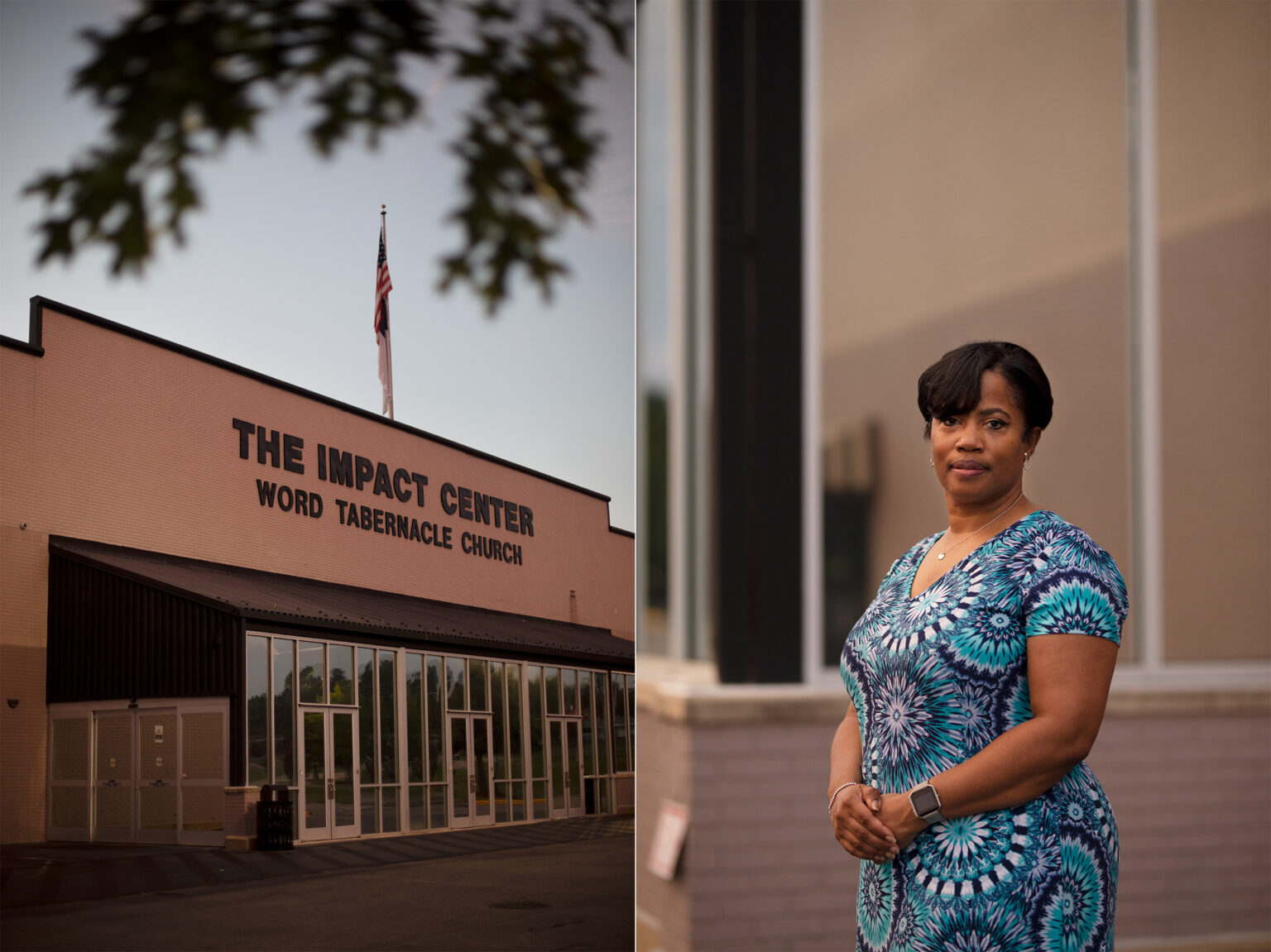
Lori Carter-Edwards | Public health leadership, epidemiology and health behavior
Carter-Edwards has been working with rural, Black, faith-based communities to create and disseminate messaging about the virus and available resources.“Right now, we have to immediately respond to a community’s needs. As researchers and public health professionals, we have a responsibility to get information out to people. We believe what we find here is going to be impactful and that we’ll be able to share it with a lot of folks.”
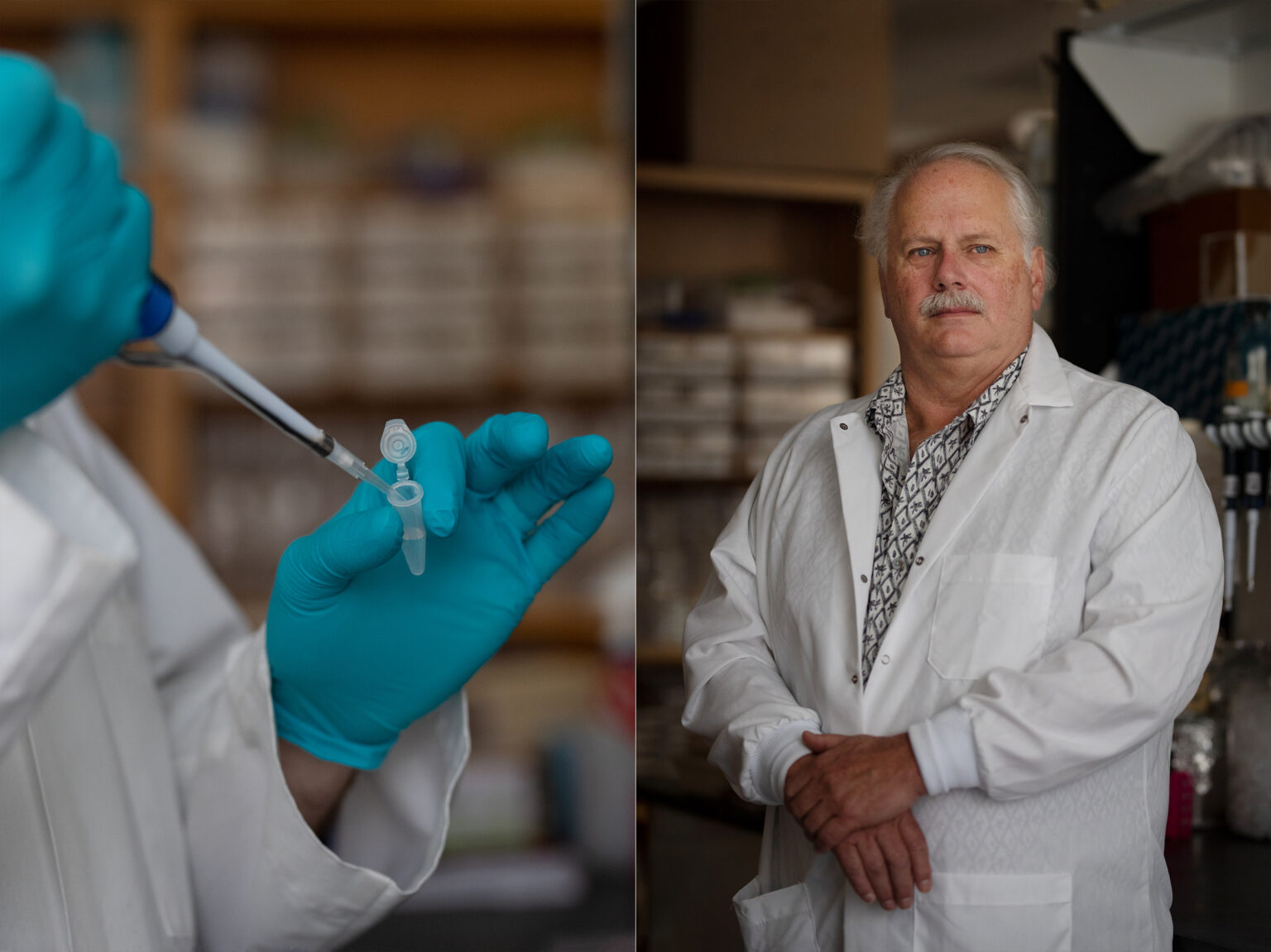
Ralph Baric | Epidemiology, microbiology and immunology, and cancer
Baric is a world-renowned coronavirus expert, leading and collaborating on multiple projects related to SARS-CoV-2 — from preclinical testing of antiviral drugs and therapeutics to understanding the basic science behind the virus’ replication. “In terms of rapid response and saving people’s lives, I think we’ve had a major impact globally. We’ve been able to help provide some weapons in the physicians’ tool chest to patients in need of therapy. With the number of projects we have — both past and present — our research enterprise is quite extraordinary in terms of breadth and impact.”
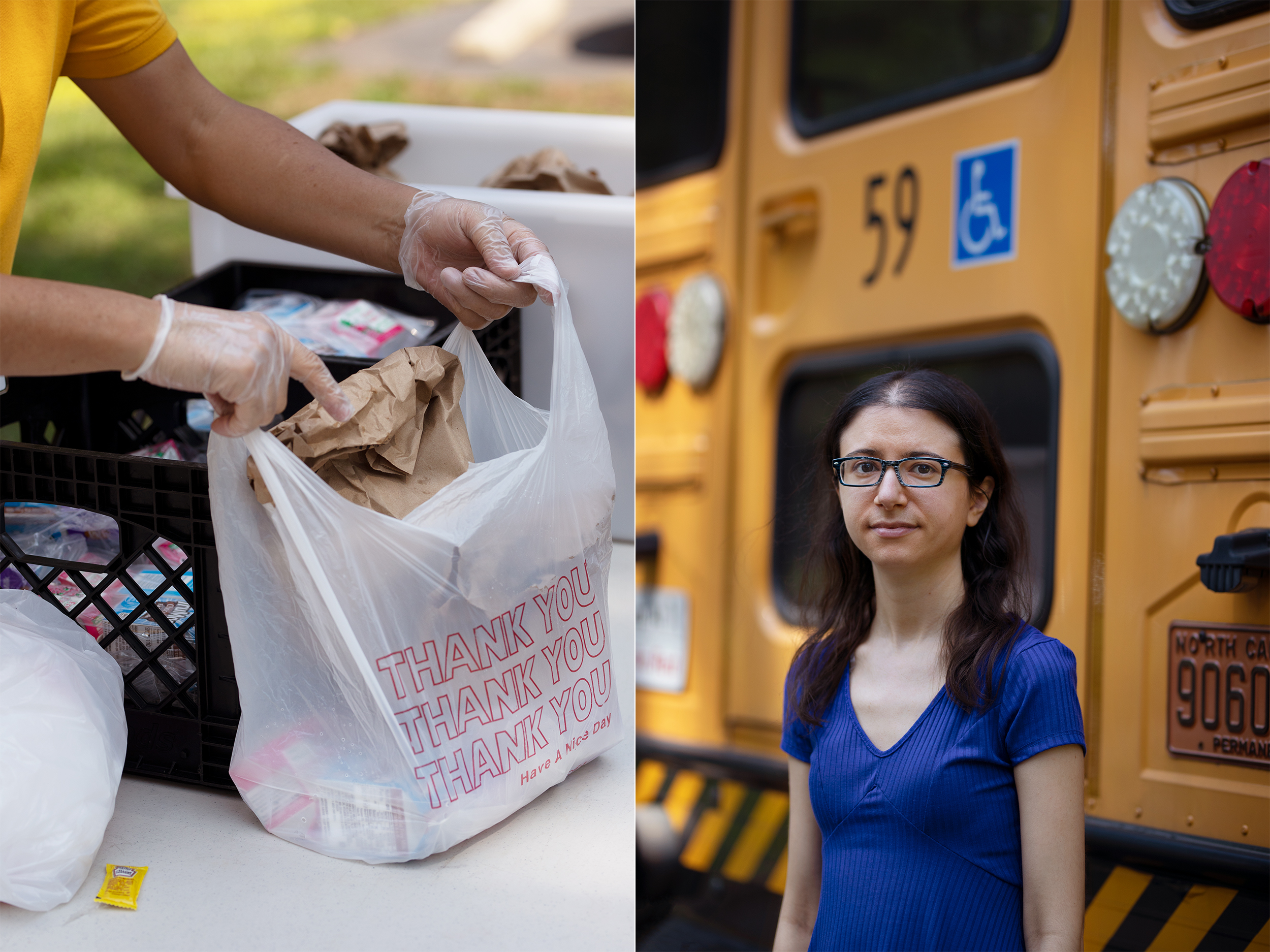
Jessica Soldavini | Nutrition
Soldavini studies food insecurity, federal nutrition programs, and community-based nutrition and cooking education programs. Since COVID-19 became widespread in the U.S., she has focused her efforts on analyzing food insecurity and how meal programs can best adapt during the pandemic. “I’ve got a lot going on right now but I don’t feel like I’m working because I love what I do. I just keep trying to think of more ways I can try and support these efforts.”
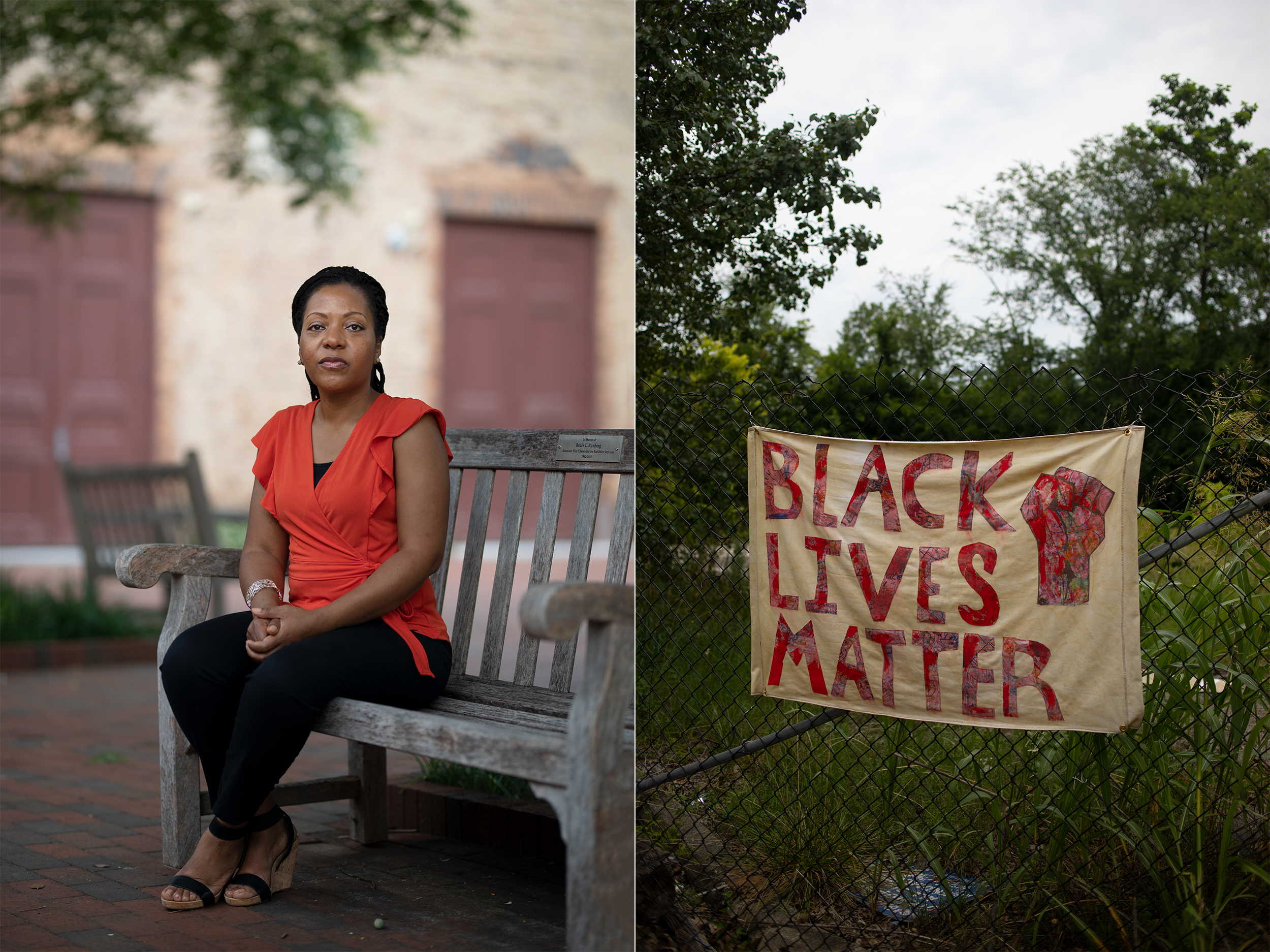
Kia Caldwell | African, African American and Diaspora studies
In collaboration with Brazilian colleagues, Caldwell wrote an article for “The Conversation” and a longer paper for a Brazilian journal examining the impact of COVID-19 in Black communities in the U.S. and Brazil, focusing on the long history of racism and health disparities in both countries. “There’s urgency because people are dying in such high numbers right now. There’s not a vaccine. COVID-19 is something that affects all of us. I think there is a sense for folks in research that we all need to be paying attention to this. And if we have any skills we can lend to the fight, we need to bring them and share them.”
Learn about more researchers studying the impacts of COVID-19 at Endeavors.unc.edu




